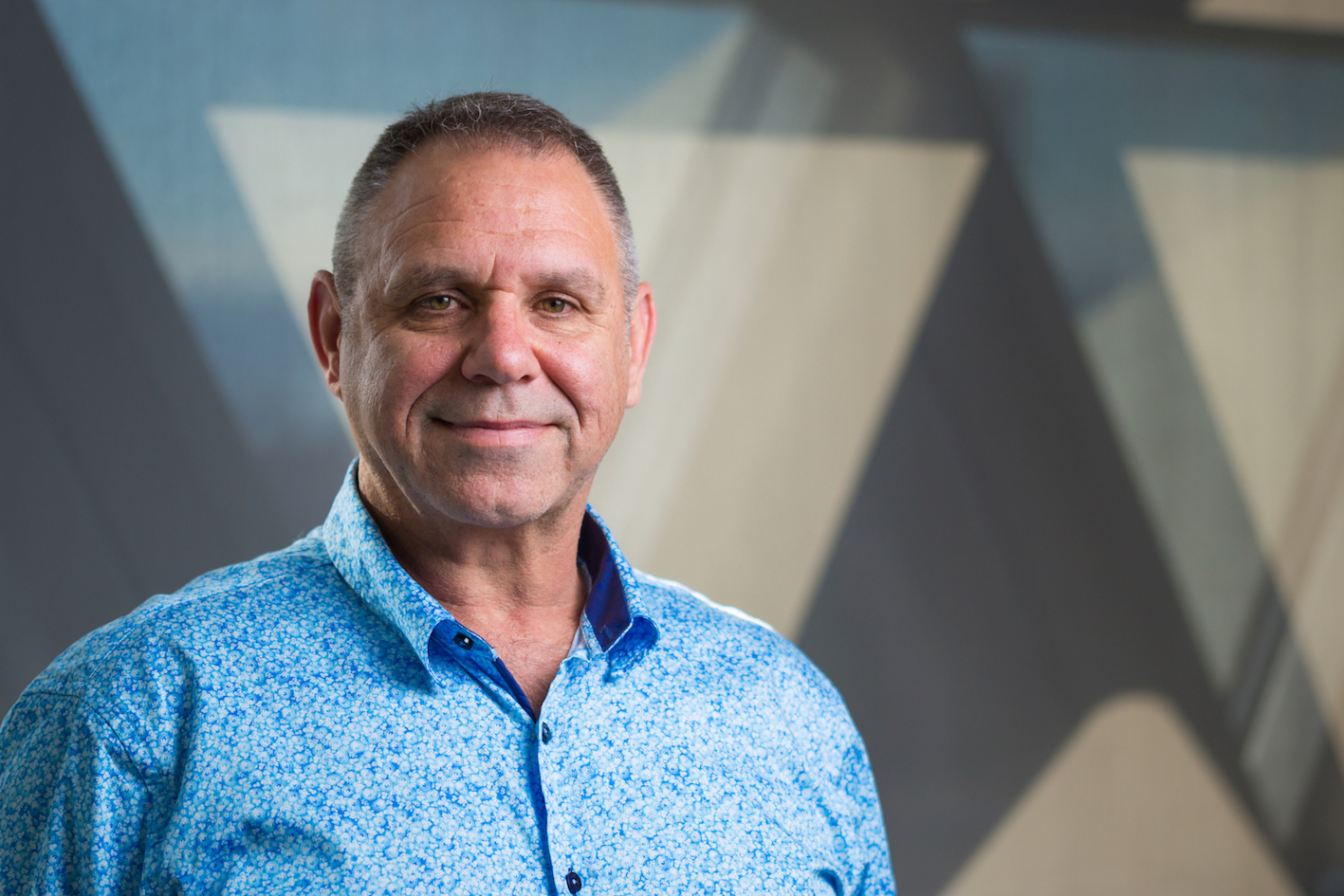
Pitjantjatjara/Narungga man Professor Ward is a Matthew Flinders Fellow in the College of Medicine and Public Health, and Head of the Infectious Diseases Research Program, Aboriginal Health, at SAHMRI. His remarkable vision is seeing him lead projects in some of the most sensitive areas of Aboriginal health.
What made you decide to pursue medical research?
I, like every other Aboriginal and or Torres Strait Islander person, want to make a decent contribution to the health and wellbeing of our people. Prior to joining SAHMRI I had worked alongside academics when I was working in government or Aboriginal community-controlled health organisations. Through these experiences I learnt that the institute could accommodate Aboriginal values and ways of doing things, and that there may be more autonomous ways of achieving good for our communities.
I have a fairly inquisitive mind, I know that things are not right for our people, I know we have enormous work to do and the only way we will achieve outcomes is if our communities and people are in control of outcomes in research.
What is your current research about?
I lead a large research program with 15 staff based at SAHMRI.
My program of research focuses on infectious disease, specifically sexually transmissible infections and blood borne viruses plus associated issues such as illicit drug use among Aboriginal and Torres Strait Islander communities. Our program works with over 60 Aboriginal communities spanning urban regional and remote communities and across three platforms of research, health services ( health service continuous quality improvement programs), population health studies (linkage studies, surveys), and a newer platform biomedical interventions (genomics, point of care technology).
How does/will your work benefit the community?
Ultimately I am trying to do myself out of a job by obliterating sexually transmitted infections and blood borne viruses (STIs and BBVs). All of our studies have a focus on building capacity within the communities we are working with or within my own team.
What has been your proudest moment as a researcher?
There have been many, of course the first paper, the awarding of my PhD, but the best was in 2018 when I was awarded the Viertel Senior Medical Research Fellowship which enables me to focus on the ultimate goals of reducing persistent inequities that exist in STI and BBVs in Aboriginal and Torres Strait Islander communities.
The Viertel is a philanthropic organisation that awards three of these Fellowships each year for five years to enable capable researchers to achieve their goals. For me the selection process was a totally gruelling experience, but at the same time totally exhilarating. When one submits an application like this it enables you to think about what one has achieved, and also to think about the future path ahead.
Do you feel Australia is making progress in the area of Indigenous health inequity?
There a few areas where we are making a small difference but these are not enough. Other areas are taking too long to address these gaps. A major contributor to this is the failure of successive governments to concurrently address social determinants of health.
I feel at times we are doing our best in public health interventions, but the other pieces of the puzzle let us down – income, employment, education, housing – without these being fully addressed then these gaps will remain.
Would you like to share a message to non-Indigenous Australians who are frustrated at the plight of our First Nations people?
Jump in and work alongside us, don’t be frightened to help out, but do so with the help of our people. Stand up to racism today and everyday. Learn about us with us, and join us.

